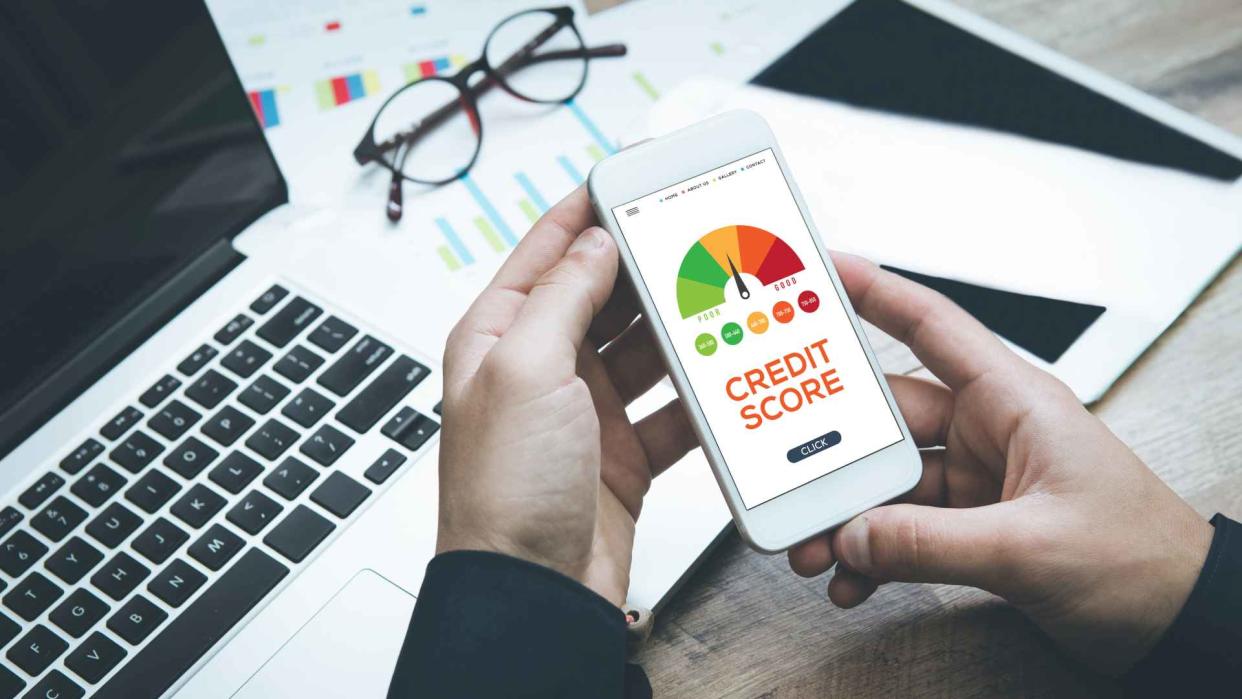Artificial Intelligence Based Credit Scoring: How AI Could Set Your Credit Score

We haven’t quite gotten to the point where artificial intelligence will brush your teeth and read you a bedtime story — though the bedtime story is currently possible — but in many other aspects of life it already has a major impact. This is especially true in the financial world, where AI has been used to do everything from growing wealth to hacking your bank account. Now AI might also play a role in determining your credit score.
Check Out: 7 Things To Know If You Withdraw More Than $10,000 From Your Checking Account
Read Next: 6 Genius Things All Wealthy People Do With Their Money
As Cointelegraph reported last year, AI aims to go beyond traditional credit scoring methods that rely on metrics such as credit history, income and existing debts. Instead, AI-based credit scoring considers a “broader range of data sources” that depend on algorithms to analyze data and predict your future financial behavior.
“This advanced form of credit scoring has the potential to provide more nuanced insights and help lenders make more informed decisions,” Cointelegraph noted.
There’s a whole lot that goes into AI-based credit scoring. On a basic level, it is rooted in machine learning algorithms that are trained on historical data, from which they “identify patterns and correlations related to a borrower’s ability or likelihood to repay a loan,” according to Cointelegraph.
Learn More: I’m a Self-Made Millionaire: 5 Stocks You Shouldn’t Sell
AI-Based Credit Scoring: Where Does the Data Come From?
Data use in AI-based credit scoring comes from numerous sources, including traditional credit information such as your payment history, how long you’ve had credit and your current debts. But AI also digs into other, non-traditional areas such as your internet browsing behavior and social media activity.
The use of AI to help determine credit scores has been greeted with enthusiasm in some quarters. In a report issued last October, S&P Global stated that the use of artificial intelligence and machine learning “is very promising in the field of credit scoring and modern portfolio surveillance” because it can help with detailed analysis and interpretation of large datasets.
“We believe the use of artificial intelligence, in connection with firms’ alternative datasets (i.e., digital fingerprints), can help refine the credit risk assessment and generate more accurate and timely signals for credit risk management and investment purposes,” S&P Global added.
But as Cointelegraph noted, AI-based credit scoring also introduces certain risks that need to be managed. One is that AI might complicate regulatory compliance, especially when it comes to lenders explaining credit decisions to consumers.
Here are some other risks Cointelegraph cited:
Potential for bias and discrimination that can lead to unfair credit decisions affecting specific individuals or groups.
Privacy and data security concerns, especially when it comes to consumers’ internet and social media activity.
Data that might not meet certain quality and accuracy standards, which could potentially misread consumers’ creditworthiness.
According to Cointelegraph, it is “crucial for lenders to effectively manage these risks, and for regulatory bodies to establish clear guidelines to ensure the responsible use of AI-based credit scoring technologies.”
More From GOBankingRates
How Much Does the Average Middle-Class Person Have in Savings?
5 Reasons You Should Consider an Annuity For Your Retirement Savings
This article originally appeared on GOBankingRates.com: Artificial Intelligence Based Credit Scoring: How AI Could Set Your Credit Score
